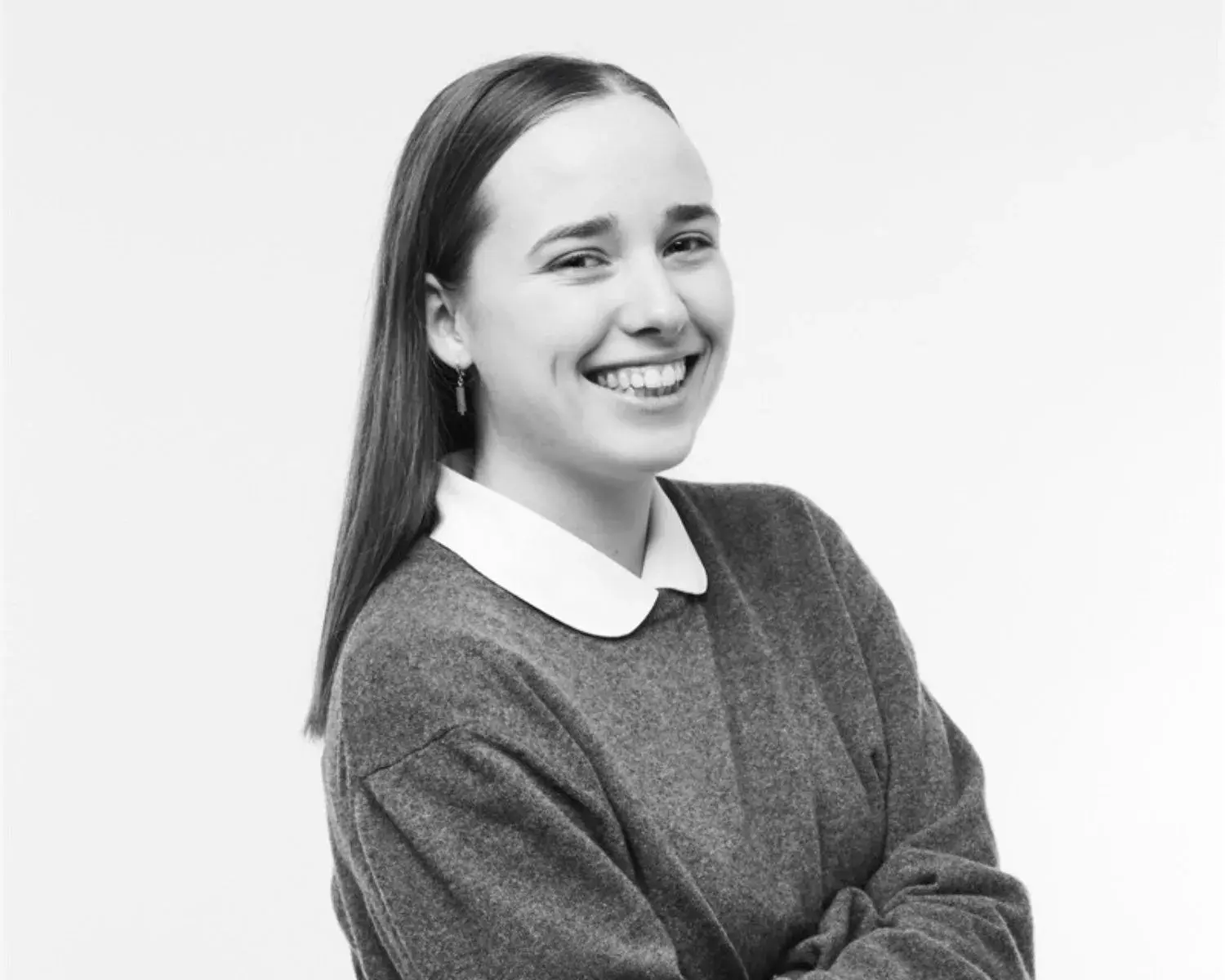News
Océane Bajarskas (Master in Management, SKEMA): “Luxury is a sector where there’s no room for approximation”

From Kenzo and CELINE to Hermès, Océane Bajarskas has carved out a distinctive path in the highly selective world of luxury. Currently enrolled in the Strategic Marketing and Business Development work-study master’s programme at SKEMA Business School’s Sophia Antipolis campus, she shares insights into her experience at Petit H, Hermès’ creative and sustainable division, and reflects on a journey shaped by rigour, passion and precision.
You’ve built a solid background in major luxury brands. How did it all begin?
It started with SKEMA Conseil, SKEMA’s Junior Enterprise, where I joined the marketing team. I quickly realised this was the field I wanted to explore. During my gap year, I completed two six-month internships: the first at Kenzo Parfums, the second at CELINE in the leather goods division.
That CELINE internship was a turning point. I was involved in developing leather goods collections, coordinating prototypes, and liaising with designers, material teams and workshops. It was fast-paced and demanding — but deeply rewarding.
How did you join Hermès?
It wasn’t straightforward. I applied several times through their careers site without success. Eventually, I contacted the manager of Petit H directly on LinkedIn. She agreed to review my CV and forwarded it to HR. That’s how I landed an interview. In luxury, informal approaches matter — networks play a key role.
What’s your role within the Petit H division at Hermès?
Petit H is a unique métier within Hermès. The goal is to give a second life to unused materials from other departments by creating objects in collaboration with artists. The process is reversed: we start with the material, not the idea. I support this creative process from concept to production. Every day, I work alongside master craftspeople in the Pantin workshops. Hermès is demanding, but it’s also a deeply human company.
What’s the work atmosphere like at Hermès?
That’s what struck me most. Despite the size of the company, everything is designed to operate on a human scale. Strong values underpin the culture: respect, transmission, excellence. There’s a real sense of care for trainees and a genuine culture of learning. It’s rigorous, but warm.
You’re also studying for a work-study master’s degree. How do you manage the balance?
It’s structured: three weeks at Hermès, one week at school. I study on the Sophia Antipolis campus. The Strategic Marketing and Business Development programme is ideal for future product managers. Hermès fully respects this arrangement — my manager ensures I’m never disturbed during academic weeks. This balance is essential to thrive in a dual-track role.
You also spent a semester in Belo Horizonte. How did that help your career?
It added real value to my profile. During my Hermès interview, I was asked a lot about my time in Brazil. It sparked curiosity. Experiences like this show adaptability and openness. I also improved my English and discovered a different way of thinking. It wasn’t the focal point of my CV, but it definitely worked in my favour. I loved Latin America.
What qualities are essential to succeed in the luxury sector?
Rigour, organisation, attention to detail — and emotional intelligence. You need to tailor your communication to each stakeholder. You don’t speak to a designer the same way you do to a factory project manager. This is a profession of balance — between creativity and execution. Team spirit and a positive mindset also make a real difference.
What’s next for you?
I’d love to do a VIE in Latin America, a region I’ve come to love. After that, I hope to return to the luxury industry, ideally in leather goods. It’s a demanding but exciting field — one that constantly challenges you to reinvent yourself. That’s exactly what drives me.


